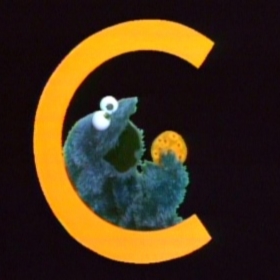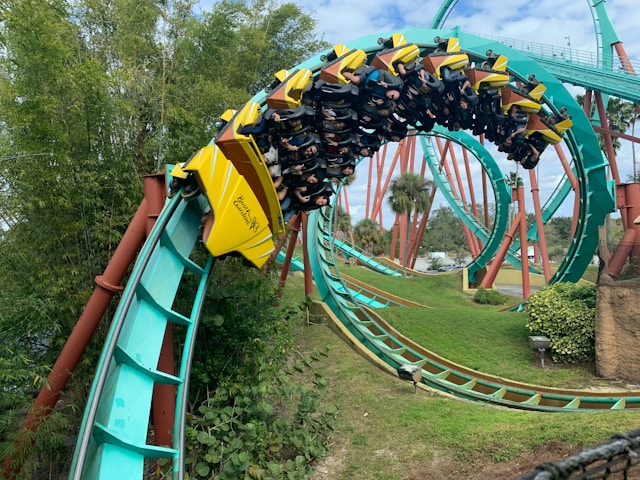Verða
.jpg)
Verða is one of the most common verbs in the Icelandic language, so it is perhaps not surprising that it can take on a number of roles. We won’t cover every possible meaning of verða here: that is a job for a dictionary, and it would take friggin’ ages. Instead, let’s just talk about four important and common meanings (which people tend to get confused).

I’ll be using dictionary shorthand in this article, so you might want to brush up on that if you’re confused by e-ð, e-u.
You can refer to this table for how to conjugate verða in the present and past of the indicative mood, as well as the supine. For full conjugation tables of this (and any) word, check out bin.arnastofnun.is.

Að verða > will be
This is probably the most quintessential meaning of verða. Icelandic doesn’t have a future tense, but verða serves as being sort of the future version of vera, usually equivalent to will be. You can read more about the future meaning of verða in my article on the future.
- Við verðum komin á morgun > We will be there tomorrow.
- Prófið verður erfitt > The test will be difficult.
- Það verður sem verður > What will be, will be.
- Tónleikarnir verða geggjaðir! > The concert will be amazing!
Verða (just like vera) doesn’t assign a case, so what comes after it stays in the nominative. Or you can think of it as assigning the nominative, whatever floats your boat.
Að verða > to become
This is a very common use of verða, as well.
- Ingimar vildi verða klámmyndastjarna, en varð svo læknir > Ingimar wanted to become a porn star, but then he became a doctor.
- Þetta hefur orðið miklu stærra vandamál en ég bjóst við > This has become a much bigger problem than I expected.
- Við urðum blautir þegar við gengum bak við Seljalandsfoss > We got wet when we walked behind Seljalandsfoss.
Að verða að e-u > to turn into sth
You’ll always recognise this meaning because it comes with að + noun. If you’re wondering how this is different from að verða > become, I’m also wondering how become is different from turn into. I mean, it CLEARLY is different - you can’t just turn into a doctor when you grow up - but it’s still hard to put your finger on it. Language is weird, man.
A synonym for this would be að breytast í e-ð.
- Bruce Banner verður að skrímsli þegar hann verður reiður > Bruce Banner turns into a monster when he becomes angry.
- Hárið af Búkollu varð að svo stóru fjalli að enginn komst yfir nema fuglinn fljúgandi > The hair from Búkolla turned into such a big mountain that no-one could pass but the birds of the air.
- Það sem byrjaði sem hlutastarf varð fljótt að fullu starfi > What started as a part-time job soon turned into a full-time job.
Að verða að gera e-ð > to have to do sth
You’ll always recognise this meaning because it comes with að + verb.
To read about how this is different from things like eiga að gera e-ð or þurfa að gera e-ð, check out the article on Obligation and Necessity.
- Ég verð að hætta að drekka svona mikið > I have to stop drinking so much.
- Gunnar varð að taka sér frí frá vinnunni > Gunnar had to take a vacation from work.
- Við urðum að gefast upp > We had to give up.
Summary

Related reading
If you found this interesting, you might also be interested in these articles.




